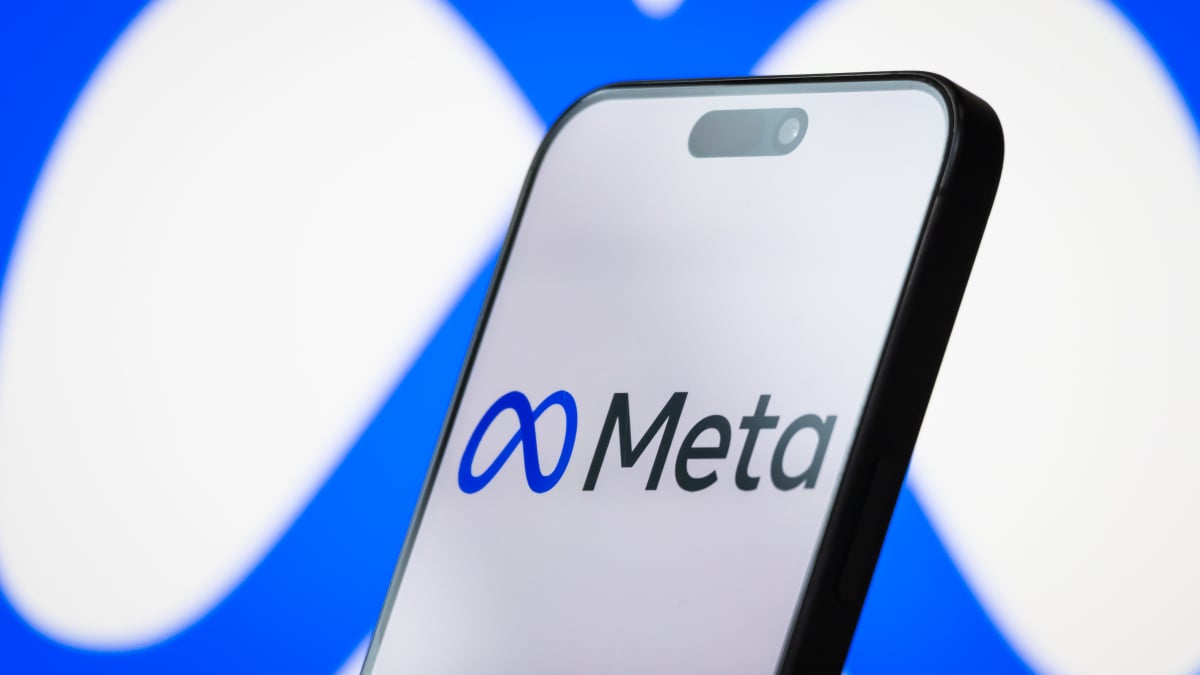In the thick of Meta’s first-ever AI developer conference, LlamaCon, CEO Mark Zuckerberg hit the launch button on Meta AI — the company’s full-throttle answer to OpenAI’s ChatGPT.
According to Meta’s April 29 press release, the new standalone AI app is built on the company’s latest Llama 4 model. It’s pitched as a hyper-personalized assistant for users already living inside the Meta ecosystem: WhatsApp, Instagram, Facebook — you know the drill. In a choice Instagram video, Zuckerberg, framed in a pair of Meta Ray-Ban glasses, pitched the app as a product built for voice-first conversations.
One standout feature is the Discover feed. It lets you see how your connections use Meta AI, surfacing prompts they’ve tried (with their permission). Meta says you’re in full control over what, if anything, gets shared. Since personalization is at the heart of the experience, it’s worth noting: opting out of having your data scraped to train Meta’s AI is nearly impossible.
Mashable Light Speed

The discover feed will also amplify any generative AI trends that pop off.
Credit: Meta
The app is also meant to pair with Meta’s Ray-Ban smart glasses. You can kick off a conversation via voice through the glasses, then jump into the app or web interface later to pick up the thread. Other than that, though, the app functions the same as it does on Messenger and IG, just now wrapped in a separate, slick interface accessible from both your phone and desktop.
With LlamaCon underway in California, this standalone launch isn’t just a product drop — it’s a litmus test. Meta needs to show investors and developers that its AI ambitions are alive and accelerating. Back in January, Zuckerberg committed a staggering $60 billion to U.S.-based data centers to power Meta AI.
The launch could also be the nudge OpenAI needs to hit the gas on its own social-facing ChatGPT app. CEO Sam Altman joked about the idea months ago, when Meta first teased its standalone AI app. Now, signs point to OpenAI quietly building something that might make that joke a reality.
Topics
Artificial Intelligence
Meta








